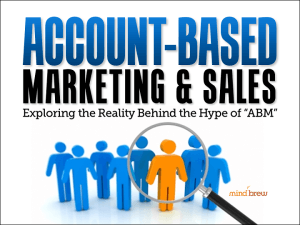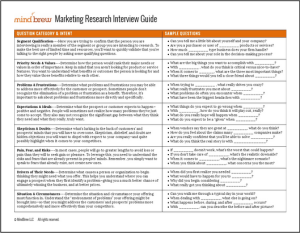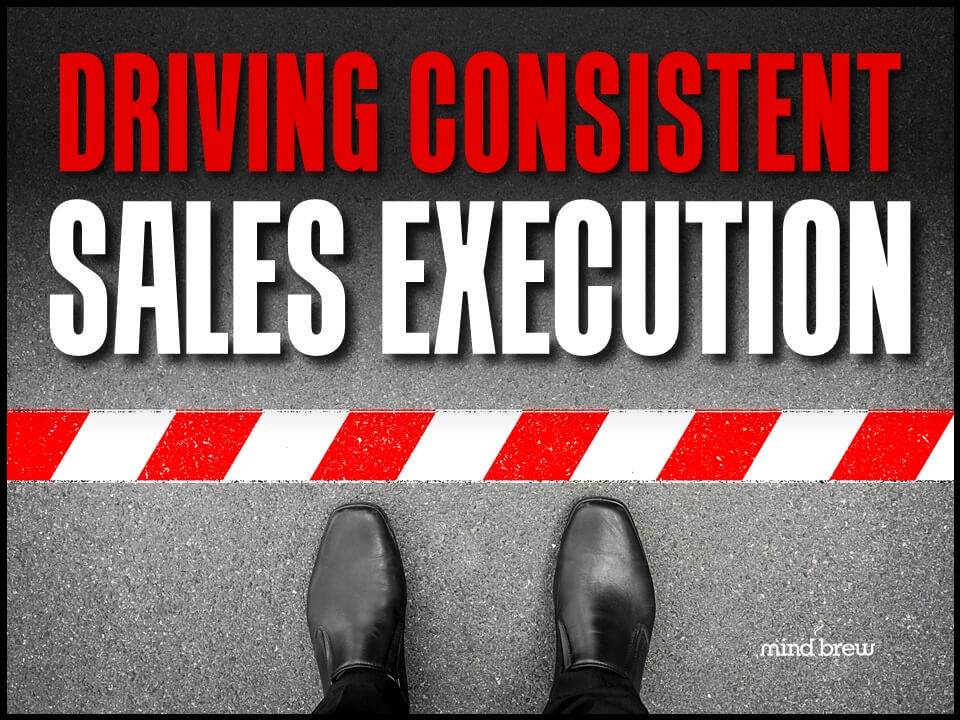Back In 1971 at Cornell University, professor Dennis Regan wanted to better understand the power of doing a favor for a stranger. His subjects were made to believe they were taking part in an “art appreciation” experiment with a partner (who was actually one of Regan’s assistants).
During the “experiment”, the partner would take a short break and return with a free soda for the subject—even though the subject hadn’t asked for one. In the control group, the partner also took a break—but didn’t return with a soda. Once the “experiment” was over, the partner would ask the subject if they would be willing to buy raffle tickets from him or her.
The subjects who received the favor—a free soda that they hadn’t even asked for? They were much more likely to buy raffle tickets than those in the control group. Not only that, but they would buy more of them—oftentimes spending more money for the raffle tickets than the value of the soft drink that they hadn’t asked for.
Humans are wired to want to return a favor—this social psychology concept of reciprocity has proven to be a very real and powerful thing. Unfortunately, many B2B sales and marketing efforts totally miss this fact. Think about it…how often do you see companies:
- Requiring that visitors provide their info before downloading a whitepaper…
- Cold-calling prospects and asking for a few moments of their time…
- Scanning a badge before visitors can get the giveaway in a tradeshow booth…
All of these seemingly standard tactics are asking prospects to do a favor for a vendor…before that vendor does anything for them. Sure…many prospects will do it, but social psychology tells us that they’re unlikely to feel obliged to return a favor later on. And, psychologically, it certainly starts the relationship off on the wrong foot.
What if the tables were turned and the vendor was the one doing a favor for the prospect? Yeah–you might end up with fewer leads in that database initially, but you’d likely be getting that vendor/prospect relationship off to a much better start. And if you do your prospects a favor first, maybe they’ll return it by letting you know who they are…
Wouldn’t those be the leads you’d rather have anyway?












